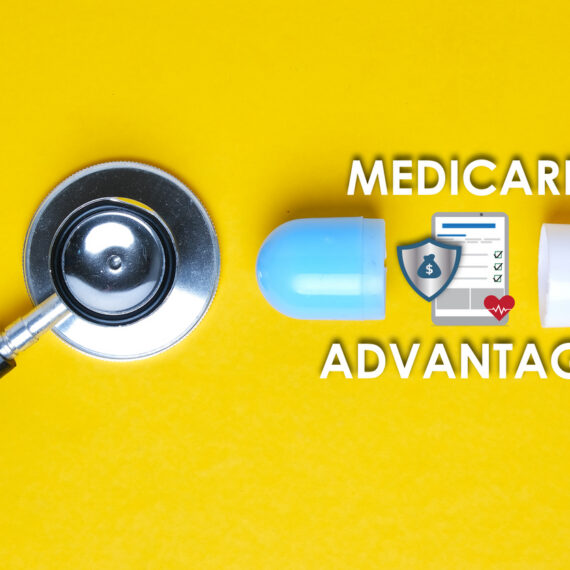Individuals enrolled in Original Medicare probably have a pretty good understanding of Medicare Part B and what it covers. Many Medicare beneficiaries are surprised when they receive an unexpected bill; these unexpected costs may come from excess charges. Some of you may not have heard of excess charges. We will answer the question; What are Part B excess charges and hopefully help some of you avoid them.
Medicare Part B Excess Charges
Medicare Part B excess charges occur when a doctor or healthcare provider does not accept Medicare assignment and charges more than the Medicare-approved amount for a covered service.
Here’s how it works:
- Medicare sets an “approved amount” for every Part B service.
- Doctors who accept Medicare assignment agree to accept this amount as payment-in-full.
- Providers who don’t accept assignment can charge up to 15% over the Medicare-approved rate.
- The extra 15% is called an excess charge; the beneficiary must pay that amount out of pocket, unless they have supplemental coverage that pays it.
Example of a Part B Excess Charge
Let’s say a beneficiary has met his annual deductible and receives a procedure from his doctor; the Medicare-approved amount for the procedure is $200.
- If the doctor accepts assignment, they’ll charge $200. Medicare pays 80% of the cost ($160). The beneficiary pays the remaining 20% ($40).
- If the doctor does not accept assignment, they can charge up to 15% more: $200 + $30 = $230. Medicare will still pay 80% of the approved $200 ($160), but the beneficiary owes not only their 20% ($40) they also have to pay the excess charge of $30, therefore their total out-of-pocket cost is $70.
When Do Excess Charges Apply
Excess charges only apply to Medicare Part B services and only when:
- It is a service that Part B covers.
- The provider does not accept Medicare assignment.
- The provider charges more than the Medicare-approved amount.
Important: Not all states allow excess charges. For example, Connecticut, Massachusetts, Minnesota, New York, Ohio, Pennsylvania, Rhode Island, and Vermont have laws that prohibit excess charges for Medicare beneficiaries.
How to Avoid Excess Charges
- Use Participating Medicare Providers
Always ask the provider if they accept Medicare assignment before receiving care. This ensures the beneficiary does not pay more than the Medicare-approved amount. - Consider a Medicare Supplement Plan (Medigap)
Individuals who are worried about excess charges, consider a Medigap Plan. The Plan G or Plan F (if you were eligible before 2020) both cover 100% of Medicare Part B excess charges. This provides protection from surprise bills. - Check State Rules
Those who live in states that bans excess charges don’t need to worry about them; providers in those states can’t legally charge more than the Medicare-approved rate.
Unfortunately, some agents or beneficiaries overlook Medicare Part B excess charges when discussing Medicare coverage. That cost can surprise even savvy Medicare beneficiaries. However, with the right knowledge and the right plan, beneficiaries can avoid them altogether.
Click here to watch a quick YouTube video on Medicare Enrollment Periods
Please note; It is important to verify the provider accepts Medicare assignment and beneficiaries may want to consider supplemental coverage for full protection.









Recent Comments